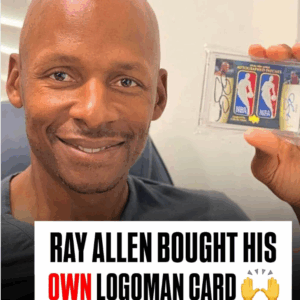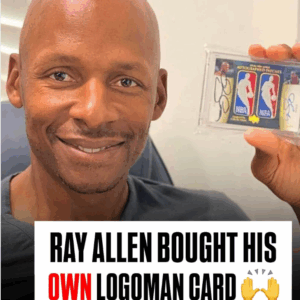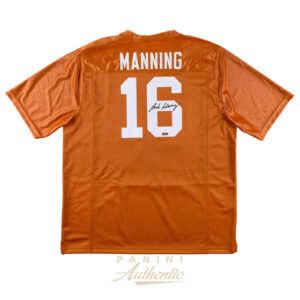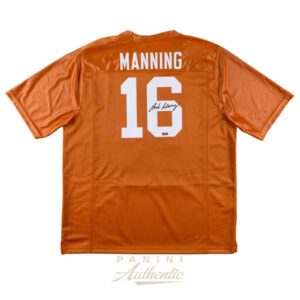In a bold and unexpected move, Caleb Williams, the promising new quarterback for the Chicago Bears, has become the latest player to add fuel to the century-old rivalry with the Green Bay Packers. The venue? None other than the celebrated 2024 Topps Chrome Football trading card series. While collectors eagerly anticipated the release of this popular card set, Williams’ cheeky autograph has given them more than just another collectible to chase—it’s a piece of juicy sports drama that resuscitates the Bears-Packers competition in a modern-day form.
For many fans, trading cards are more than glossy memorabilia. They capture unforgettable sports moments, player personalities, and occasionally, outlandish anecdotes. Sports history has been woven into fiber and ink on cards for decades, but Williams’ inscription elevates his particular card to something more than a conventional debut. With a simple phrase—”Green Bay Sucks”—he’s tapped into a nerve, extending a rivalry that’s as much a part of NFL culture as the gridiron itself. Football fans, whether wearing deep-dish pizza stains on their jerseys or cheeseheads, are buzzing about this twist, making the card a collector’s hot commodity.
The Bears-Packers rivalry is not merely about teams on a scoreboard; it’s family feuds extending over Sunday dinners, divided friendships, and loyalty tests. Beginning in 1921, this antagonism is among the oldest and most storied in American sports. Bears patriarch George Halas and Packers icon Vince Lombardi might have debated strategy back then, but they surely never envisioned a rookie quarterback covertly mocking a rival via Topps card in 2024. Yet here we are—modern times invite modern provocations.
Caleb Williams, the frontrunner as Chicago’s quarterback of the future, steps into this narrative boldly, even before his cleats grace the field for a regular-season clash. Football autographs have long been used for personal expression. From biblical verses and motivational quotes to a simple signature, the ink on these cards speaks volumes. Williams has taken this platform to pronounce himself a true Bear in spirit, fully aware of the feathers he might ruffle across state lines.
The provocative nature of this message instantly set social media abuzz. Collectors and sports analysts alike have been trying to decipher the implications. Will this create a demand surge among Bears faithful eager to own a piece of unfeigned rivalry history? Or will it inspire a counter-collective among Packers fans driven by revenge, acquiring the cards only to burn them in symbolic protest? Early indicators suggest both scenarios are playing out.
Financially, the market for these specific cards can only be described as volatile yet full of potential. Initial trades saw these cards rocket in value due to sheer novelty and the uproar around them. The card’s long-term value, however, will largely hinge on Williams’ performance as a quarterback. Should he deliver on the field, forming the backbone of a rejuvenated Bears team against Green Bay, his card elevated by its notorious inscription could become legendary. But if the career of Williams happens to derail, it could end up being just another asterisk in the documentation of sports memorabilia.
More than mere collectability, Williams’ card exemplifies the current transformation in the trading card niche. What were once straightforward snaps of players in action or posed shots in uniform are now curated pieces of cultural dialogue, with athletes controlling narratives in ways previously unimaginable. Trading cards today are cultural manifestos as much as market items, woven into the modern digital tapestry that is fandom. The shiny chrome finish over degrees of intrigue defines the collector’s landscape of 2024. And in that landscape, the “Green Bay Sucks” inscription is a focal point, a reminder that rivalries thrive not just on the field but in every conceivable context.
This move also lays down a gauntlet for rivalry-based creativity, setting a precedent for other athletes. Where better to leave your mark in a world of endorsements and sound bites than in the lore built on history, passion, and cardboard? Whether this goes down in Topps history as a sheer marketing stroke of genius or a mere footnote will depend on the future and the player himself.
The latest chapter of Bears-Packers football lore isn’t happening on the field, but in the palms of those holding a rectangular slice of card with a brash statement disguised as a rookie mistake—or genius. Today, sports legacy finds its way into places we cannot always predict. As Caleb Williams enters this legendary rivalry, his first competing move wasn’t audible from a stadium but whispered in script. The message may be lighthearted, but its repercussions? They might just echo through the ages.





